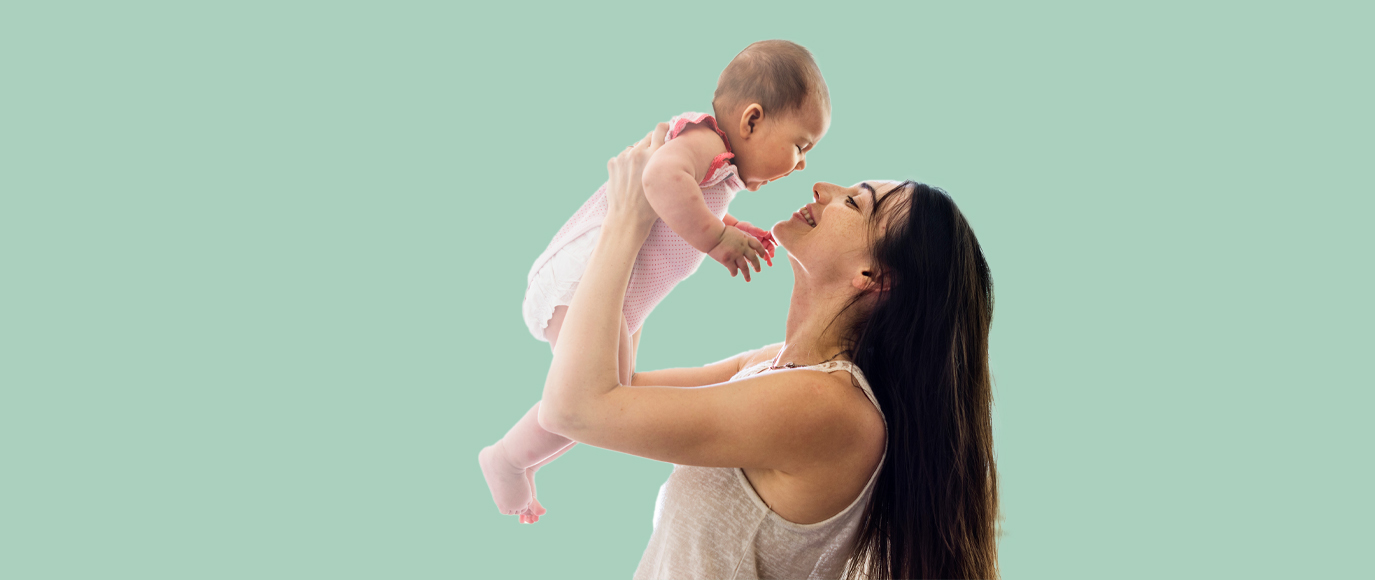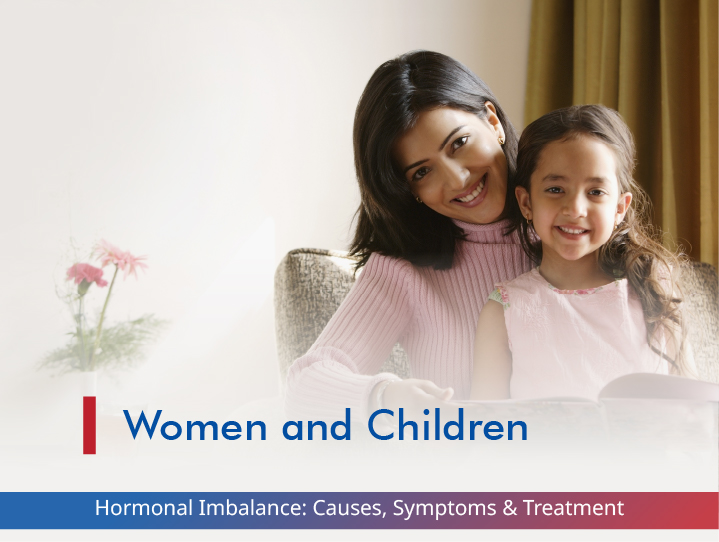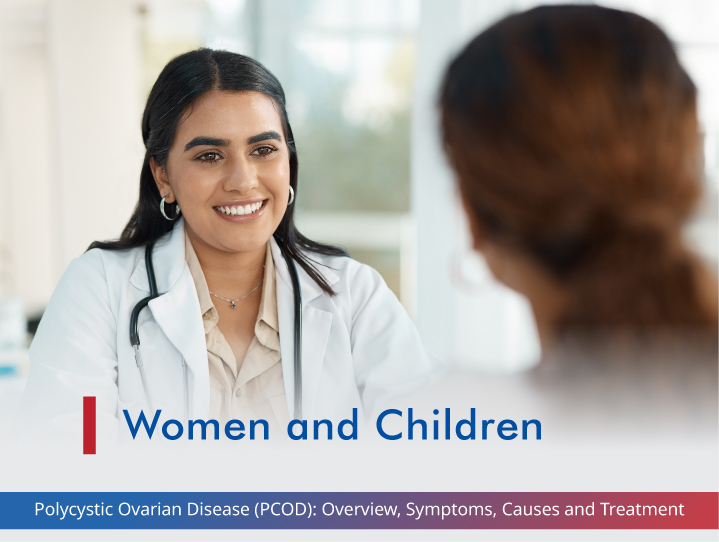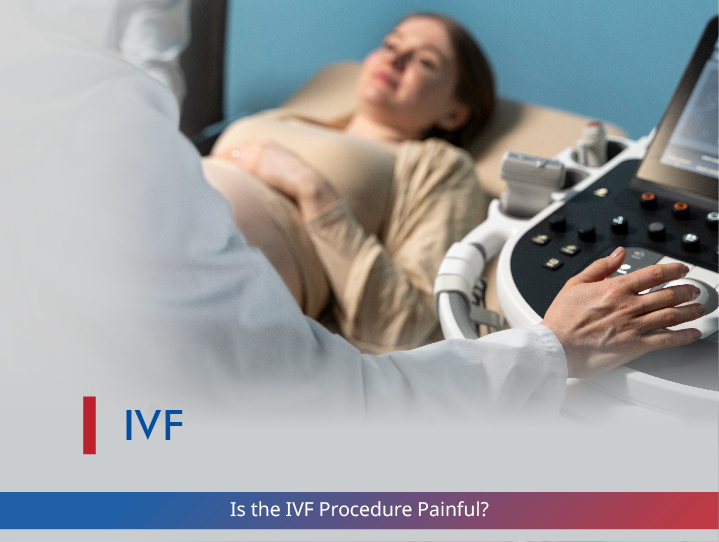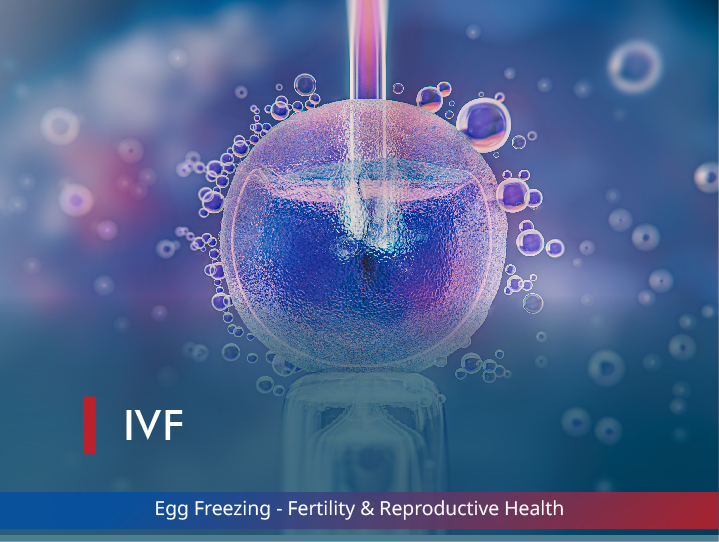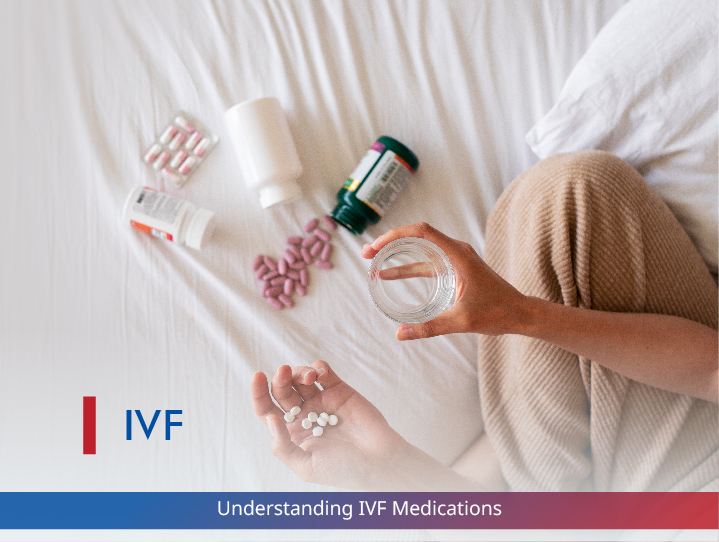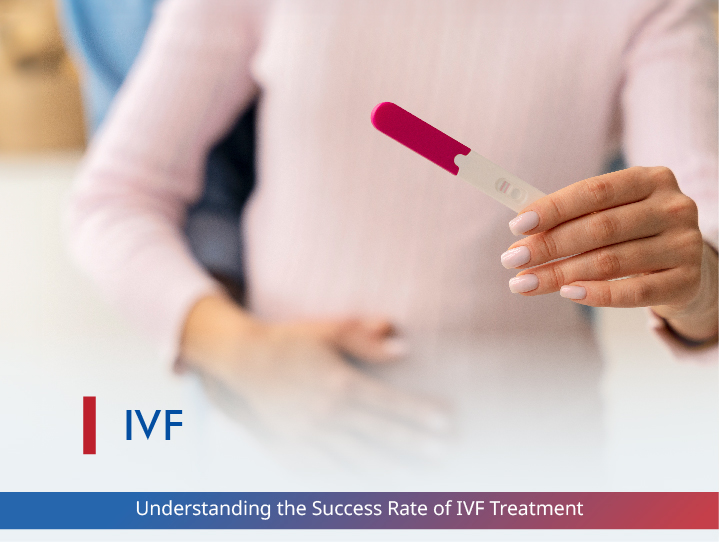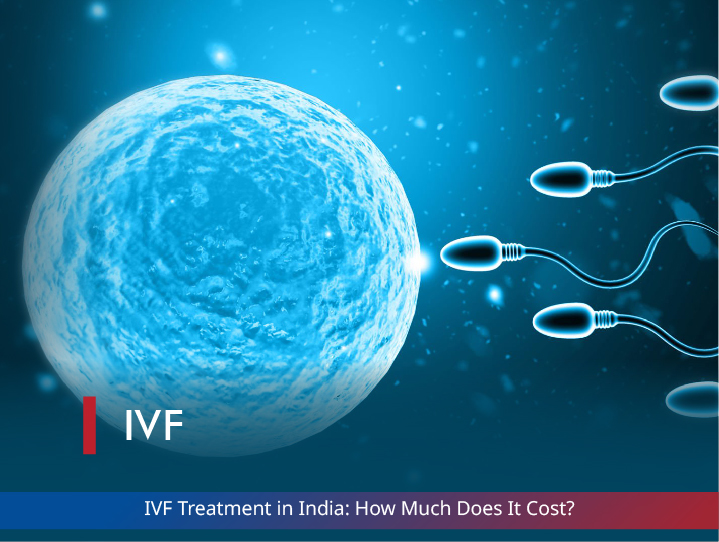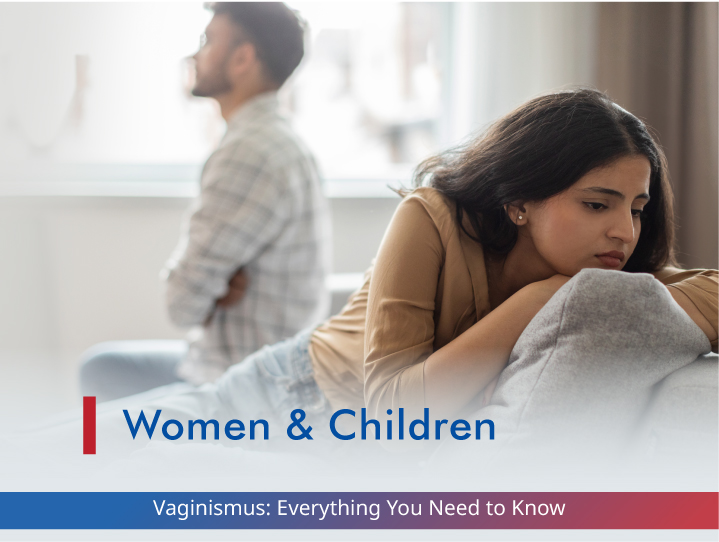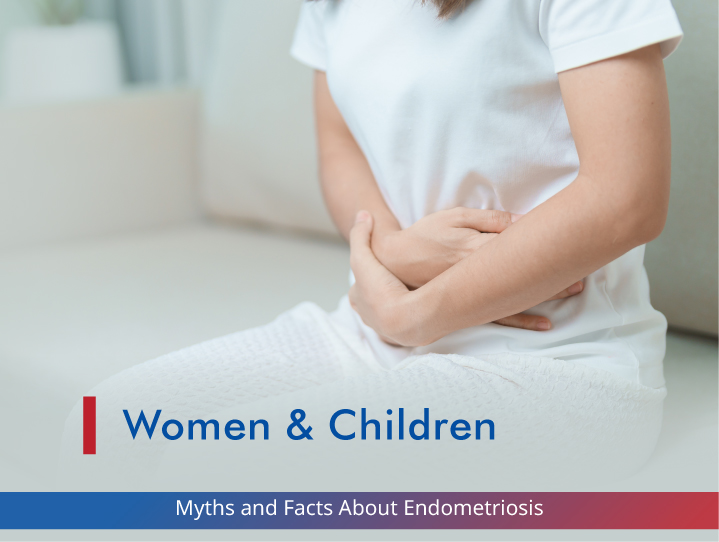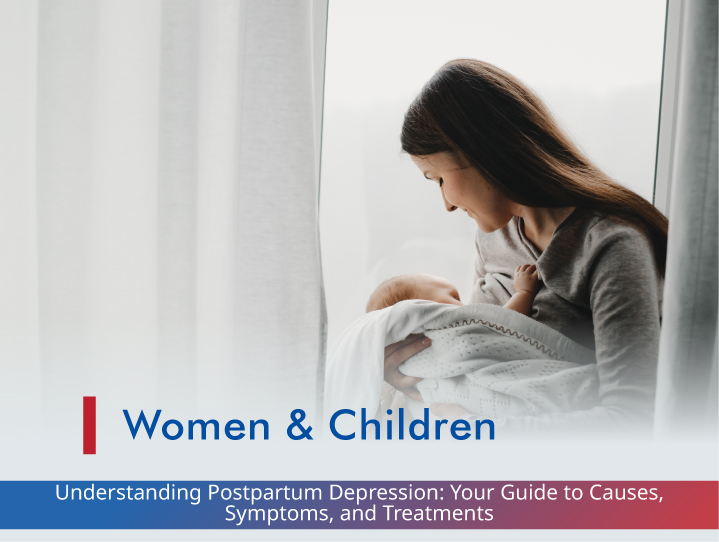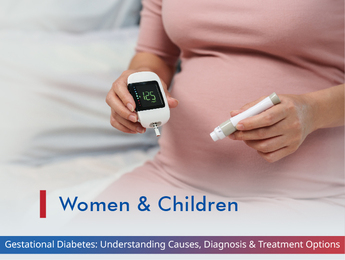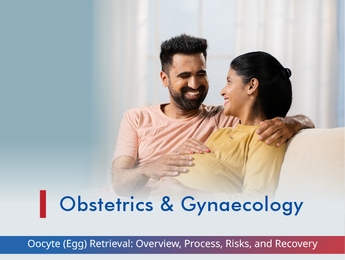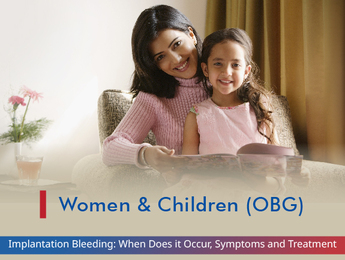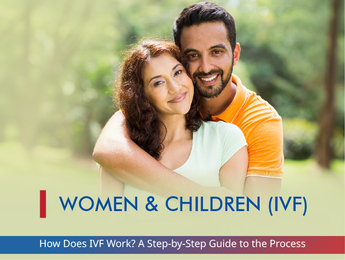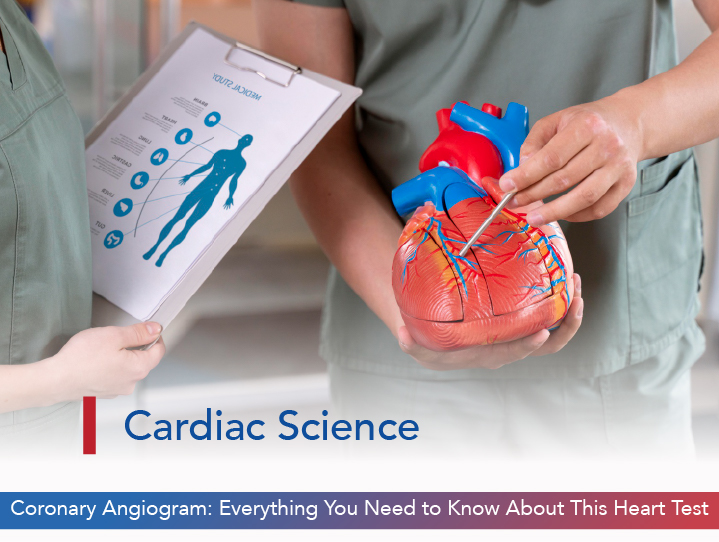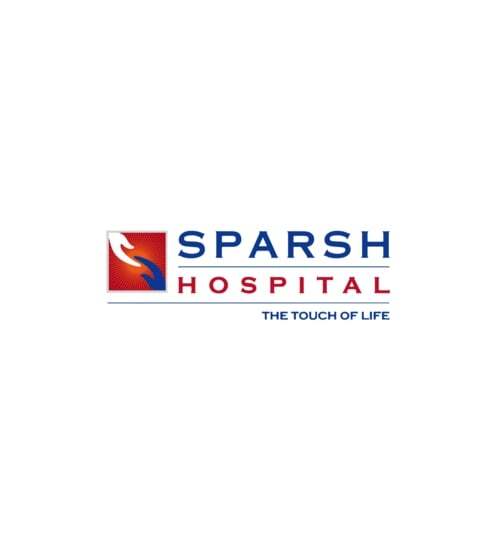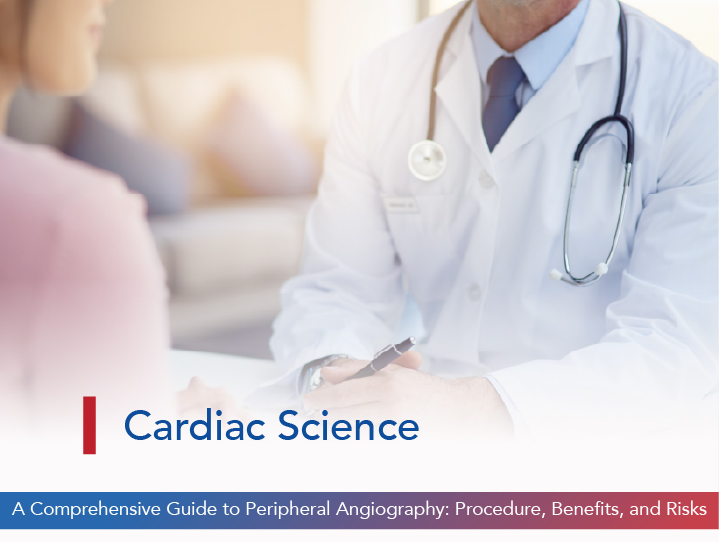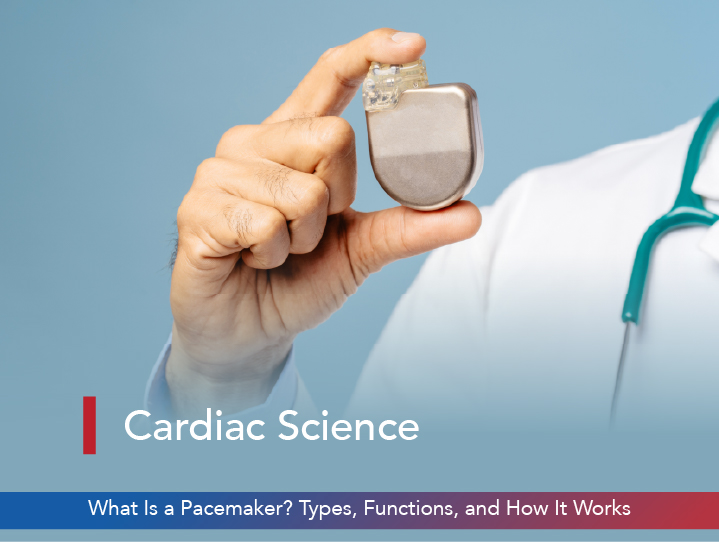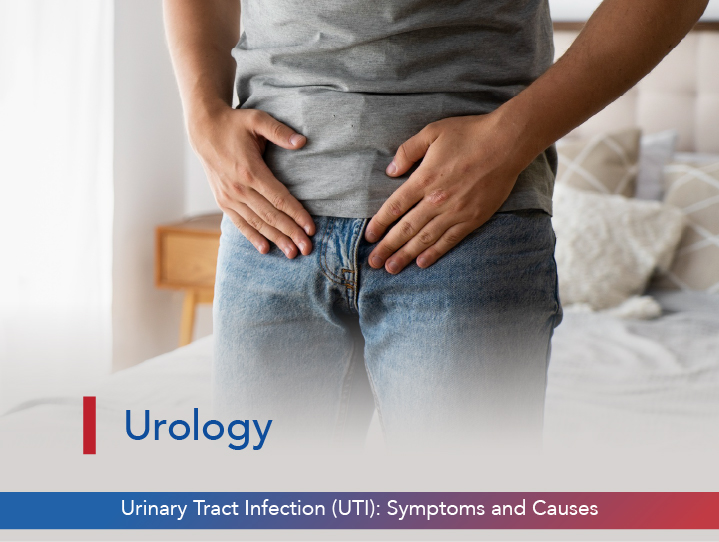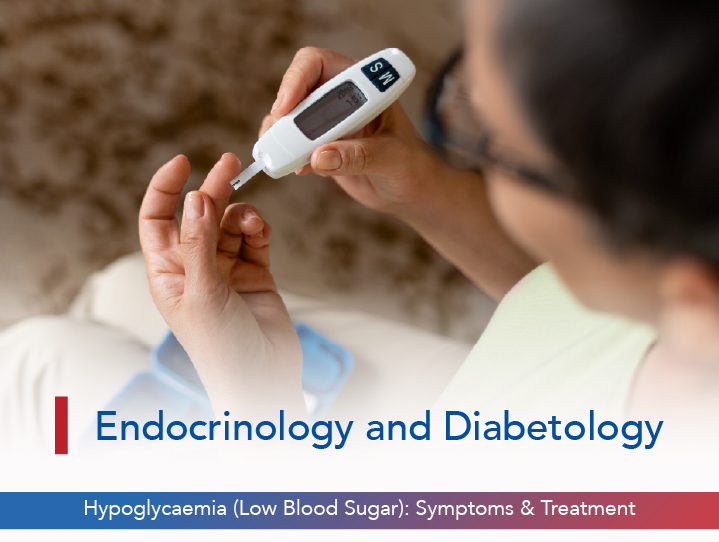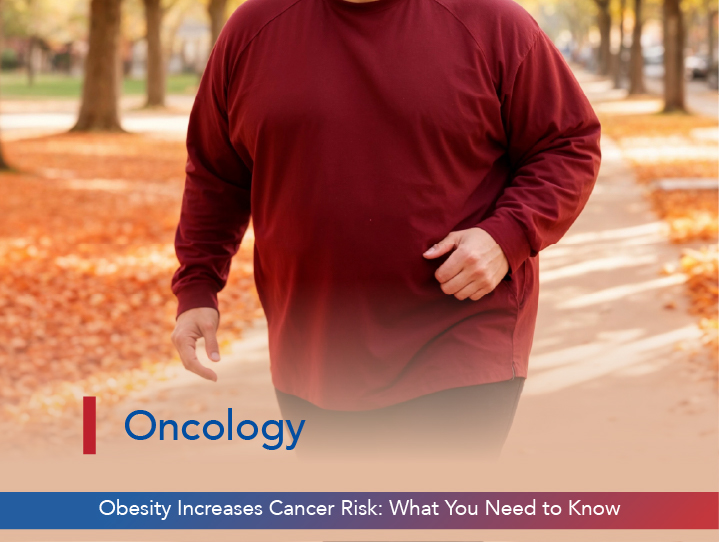Pregnancy might have changed your body much more than you had expected and these changes do not disappear overnight after the birth of your baby. Although you might be busy with your newborn, it is equally important for you to take care of yourself in this period.
The postpartum or postnatal period usually up to six weeks following delivery. This period encompasses both physical and emotional adjustments that a woman goes through after giving birth.
Here are some key aspects to consider:
- Vaginal discharge: You will begin to shed the superficial mucous layer in your uterus along with blood for weeks. This be red and heavy in the first few days and will slowly become yellowish white and watery. Contact your doctor if the bleeding is very heavy or is accompanied by fever, pelvic pain or tenderness.
- Afterpains: You may experience some pain as your uterus contracts and relaxes to shrink back to its original size. These pains may feel like menstrual cramps or even mild labor contractions. These prevent excessive bleeding.
- Caesarian section: If you have undergone Caesarian section, then care will have to be taken to avoid infection of the incision. Painkillers prescribed by the doctor may be taken to alleviate pain. Rest as much as possible in the initial period and avoid carrying anything heavy. Breastfeed in a supported position.
- Vaginal delivery: You may be experiencing vaginal soreness following a normal vaginal delivery. The vaginal tear or the incision made by the doctor to ease the delivery will have been repaired with an episiotomy stitch. To ease discomfort while sitting you may use a pillow. You can sit in a warm bath in the initial days to aid faster healing and soothe the pain.
- Incontinence: You may experience incontinence ie leaking of a few drops of urine while laughing, coughing or sneezing. This happens because of weak pelvis floor muscles. This will reduce as you heal. Meanwhile, you can start pelvic floor exercises (Kegels) to strengthen your pelvic floor muscles.
- Bowel movements: Include ample fiber in your diet including fruits, vegetable and whole grains and drink enough water to keep your stools soft and avoid constipation.
- Tender and engorged breasts: In a few days after giving birth, you may find that your breasts are tender and engorged with milk. Frequent breastfeeds on both breasts can alleviate the engorgement.
- Hair loss: You may start experiencing hair loss as the hormone levels fall to pre pregnancy levels. This hair loss may go on for up to 5 months after childbirth.
- Weight loss: Soon after childbirth you may be disappointed with the weight you still seem to be retaining. You would have lost around 6 kg during childbirth and will continue to lose weight as you keep expelling some of the extra fluids gained during pregnancy. Breast feeding too will help with some of the weight loss. A healthy diet and an exercise plan will help in a healthy weight loss.
- Mood swings: Mood swings or ‘baby blues’ are common and normal for many new mothers. Hormonal changes after childbirth and sleep deprivation because of the newborn may both contribute to the sudden bouts of crying or anxiety that the new mother may experience. This will gradually reduce in the next week or so. Bonding with the baby is a process that develops over time and should not be a cause for alarm if you don’t bond with your baby right away. If your mood swings persist or worsen after two weeks, please seek professional help to deal with it.
Medical Care after Childbirth
The first checkup: The first check up after delivery would be after a week. During this appointment the doctor would check the episiotomy stitch (if any) or the c section site to ensure that there is no infection and that you are healing well. You may have a pelvic exam to make sure that your uterus, cervix and vagina are healing without any issues. The doctor will check your breasts to ensure that there are no abscesses and that your nipples are healthy.
A subsequent appointment will be given at the end of three months after childbirth. In this appointment the doctor will check to see if you are continuing to heal well. The doctor will talk to you about resuming your sex life, contraception and spacing of children in this visit. Your emotional well being is very important and should be addressed. If there is any concern, you could be referred to a doctor who could deal with it more appropriately.
Postpartum diet and nutrition
Although you may be tempted to start controlling your diet to shed the weight gained during pregnancy, a diet can adversely affect your recovery and the nutrition to your baby if you are breastfeeding.
A well-balanced diet with adequate amount of carbohydrates, proteins and fats along with all the vitamins and minerals aid in a speedy recovery for the mother, promotes the quality and quantity of milk for breastfeeding and improves the overall well being of the mother.
Hydration is important especially if you are breastfeeding as 70% of breastmilk is water and will need to be replaced as you keep feeding.
Supplements of calcium should be continued as long as you are breastfeeding.
Avoid junk food and any other food high in salt and sugar. Processed food should be taken minimally.
Caffeine and alcohol should be avoided.
Remember that the kind of food you eat will affect the quality of milk you breastfeed your baby.
Postpartum Excercises
Your body has undergone many changes during pregnancy and will take time to recover after childbirth. If you have had an uncomplicated vaginal delivery, you can start mild exercises a couple of weeks or so after delivery. In case of a c-section, you will need to ask your doctor for clearance to start off on an exercise program. You may begin with mild exercises like pelvic tilts, Kegels, breathing through your belly and walking for short periods of time.
Every woman recovers differently, and you should let your body ease into your pre pregnancy level fitness slowly over the next few months
